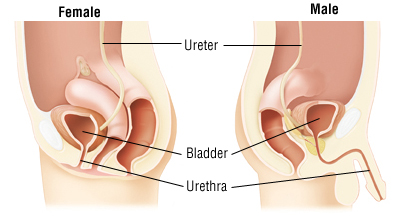
Urinary Tract Infection (UTI) is an infection that affects any part of the urinary system, including the kidneys, bladder, ureters, and urethra. The most common UTIs are bladder infections, known as cystitis. These infections are typically caused by bacteria, most commonly *Escherichia coli* (E. coli), which naturally reside in the intestines but can enter the urinary system through the urethra. UTIs are more common in women due to their shorter urethras, but men can also experience them, especially as they age.
The symptoms of a UTI vary depending on the location of the infection. Common symptoms include a frequent urge to urinate, a burning sensation during urination, cloudy or strong-smelling urine, and pelvic pain. If the infection reaches the kidneys, symptoms can become more severe and include fever, chills, nausea, and vomiting. In more serious cases, a kidney infection (pyelonephritis) can lead to sepsis, a potentially life-threatening condition.
Several factors increase the risk of developing a UTI, such as poor hygiene, urinary retention, pregnancy, and sexual activity. Other underlying health conditions like diabetes, kidney stones, and a weakened immune system can also make individuals more susceptible to UTIs. Women, especially those who are postmenopausal or pregnant, are at an increased risk due to hormonal changes that affect the urinary tract.
Diagnosing a UTI typically involves a urinalysis, which tests a urine sample for the presence of bacteria, white blood cells, or blood. In some cases, a urine culture may be conducted to identify the specific type of bacteria causing the infection. Based on the diagnosis, doctors often prescribe antibiotics to treat the infection. The type of antibiotic and the duration of the treatment depend on the severity and location of the infection.
Preventing UTIs involves good hygiene practices, such as wiping from front to back, urinating after intercourse, staying well-hydrated, and avoiding irritating feminine products. In some cases, individuals with recurrent UTIs may be prescribed a low-dose antibiotic for long-term prevention. It is essential to complete the full course of antibiotics as prescribed and follow up with a healthcare provider to ensure the infection is fully treated. Early intervention can prevent complications and promote urinary tract health.